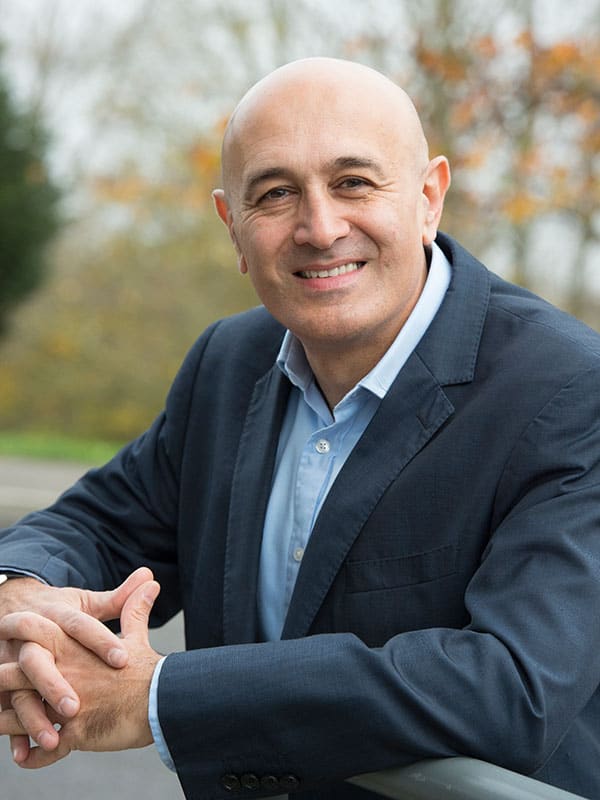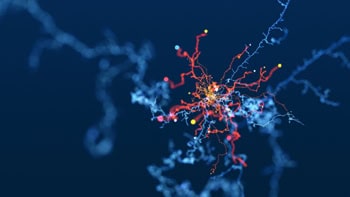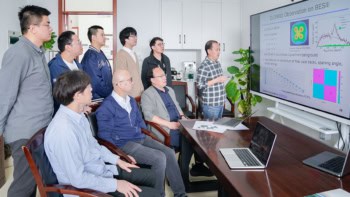Jim Al-Khalili is a professor of theoretical physics at the University of Surrey and an award-winning science communicator. He has presented numerous TV documentaries and radio shows – including The Life Scientific on BBC Radio 4 – and has authored a dozen books. In 2019 he was made an honorary fellow of the Institute of Physics.

What skills do you use every day in your job?
My career is somewhat unusual in that it really is a combination of several jobs, each requiring a different skill set. First and foremost, I am an academic physicist and with my university job I have the usual teaching, research and admin responsibilities. I have always enjoyed teaching and have lectured to undergraduates at the University of Surrey every year since 1992. While teaching university students, who are young adults, does not require the same skills as, say, teaching primary school children, there are many attributes that all teachers must have: to be engaging; to empathize with the students and see the subject matter from their point of view; and to try and enthuse and inspire.
I spend roughly half of my time outside of academia, working in broadcasting (both TV and radio), communicating science more widely to the public and of course writing. This requires a very different mindset. On my BBC radio programme The Life Scientific I use interviewing skills to try to get the best out of my guests. Delivering a piece to camera for a documentary, meanwhile, requires a different state of mind, body language and style from standing in front of a live audience.
Then there are the skills that I have learned over two decades of writing popular-science books. Finding the words to describe difficult concepts in an engaging way is a challenge I relish. Recently, I wrote my first novel, which meant learning a whole new set of skills. The creativity and imagination needed to write fiction is a world apart from non-fiction.
Eclipsing all the above is the skill I would retain if I had to choose just one: the aptitude and competence I hope I have developed over the years to do research in theoretical physics. This means not only understanding the subject matter, but also using all the attributes needed to do my research: manipulating algebraic equations on paper; writing and debugging computer code; asking the right questions; checking hypotheses; supervising students; writing papers and grant applications; and so on. These are what have most shaped me over my career.
What do you like best and least about your job?
What excites me most is still my research and uncovering the secrets of physical reality buried within dense mathematics. My specialism is quantum mechanics, which I find endlessly rewarding, fascinating and frustrating, all in equal measure.
What do I like least? Well, I suspect it will come as no surprise to most academics that I would say sitting in long, boring meetings in which nothing gets decided or done… and of course marking exam scripts.
What excites me most is uncovering the secrets of physical reality buried within dense mathematics
What do you know today, that you wish you knew when you were starting out in your career?
That I should follow my instincts more when it comes to choosing what research problems to tackle. I have discovered later in my career that there are some wonderfully exciting areas of research (for me anyway), like quantum thermodynamics and far-from-equilibrium statistical mechanics, that I wish I had explored in more depth years ago.

Thirty years of ‘against measurement’
Likewise, I wouldn’t have shied away from tackling issues in the philosophy of science, particularly regarding the interpretations of quantum mechanics. I treated it as a secret hobby because I didn’t think colleagues would regard it as a respectable area of research. Today, I feel differently. But I think that is quite normal for scientists as they enter their dotage – we have less to lose if we are controversial.



